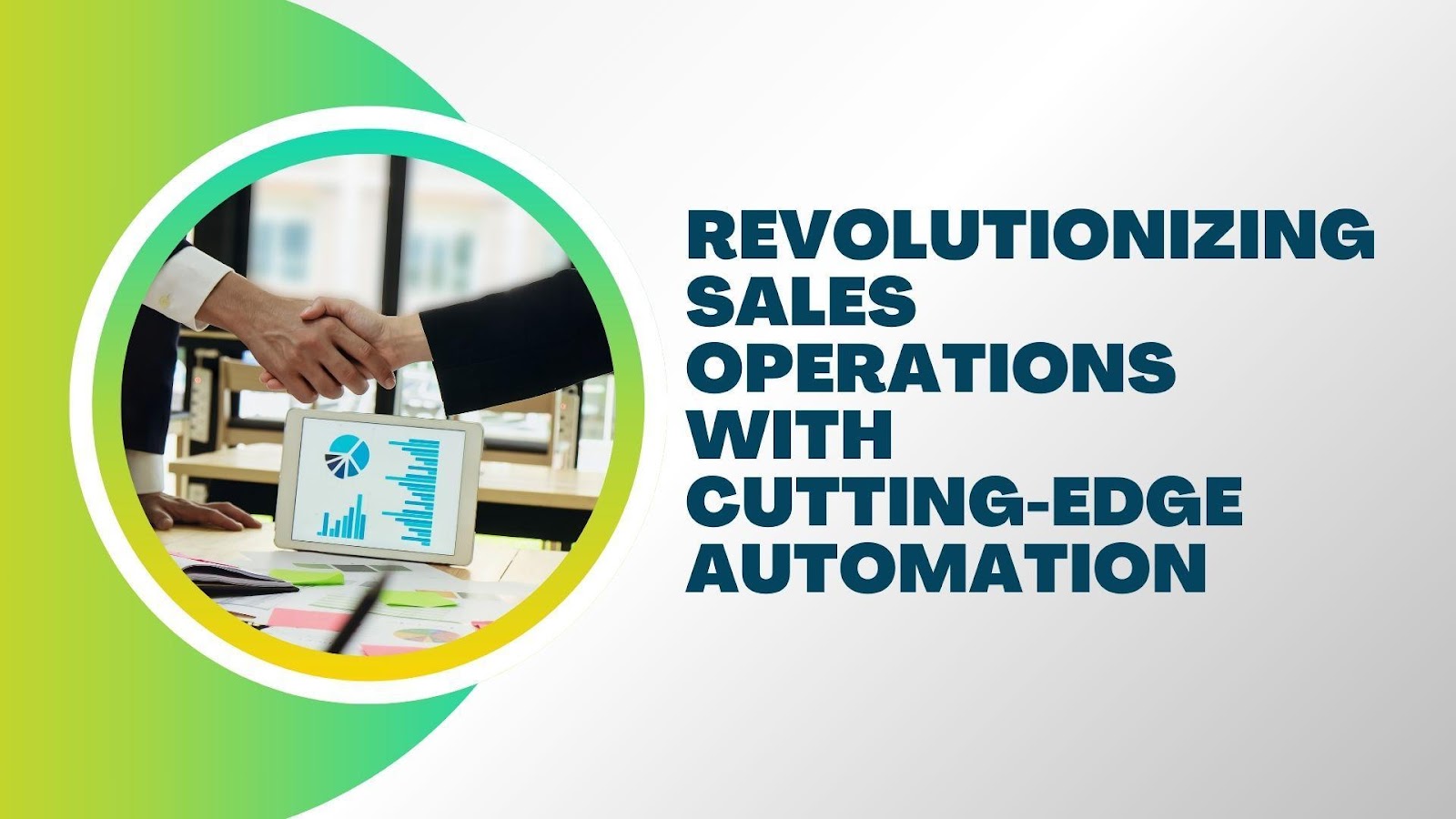Innovative automation strategies have turned sales process automation from a luxury into an essential tool for businesses aiming to enhance efficiency and accuracy. Sritulasi Shreedharan, an expert in enterprise technology solutions, delves into the transformative potential of automation in sales operations. This article explores groundbreaking innovations in process automation and how they are redefining business efficiency.
Streamlining Sales with Intelligent Automation
In modern sales environments, time is a crucial resource. Studies indicate that sales representatives spend a significant portion of their time on administrative tasks rather than selling. The advent of advanced automation tools is changing this dynamic, reducing manual intervention and allowing professionals to focus on high-value engagements. These technologies optimize sales cycles, ensuring seamless transitions between stages, ultimately improving conversion rates.
Enhancing Data Accuracy Through Seamless Integration
One of the most significant challenges in sales operations is maintaining data consistency across various platforms. Advanced automation tools incorporate sophisticated integration frameworks, enabling real-time synchronization across multiple systems. This results in near-perfect data accuracy, minimizing discrepancies and reducing the time spent on error resolution. Organizations leveraging these technologies have reported drastic improvements in sales forecast precision and operational reliability.
Accelerating Workflow Execution with Visual Programming
Traditional workflow automation often requires extensive coding expertise, creating bottlenecks in implementation. However, recent innovations in visual programming interfaces have revolutionized this space. These intuitive tools allow users to build and deploy automated workflows with minimal technical knowledge. As a result, development cycles have significantly shortened, enabling businesses to quickly adapt to market changes and streamline their operations efficiently.
Boosting Productivity with Automated Sales Pipelines
Automated workflows are instrumental in expediting sales processes. By eliminating redundant manual steps, companies experience a significant reduction in sales cycle duration. Research shows that organizations utilizing advanced automation achieve higher deal closure rates, improved lead management, and increased overall sales productivity. These improvements empower teams to prioritize customer engagement rather than administrative work.
Reducing Onboarding Time with Scalable Solutions
A major hurdle for businesses is the onboarding of new sales representatives. Training and familiarization with operational processes often take weeks, delaying productivity. Automation tools address this by providing guided workflows and standardized procedures, reducing onboarding time while maintaining consistency. This approach enhances workforce efficiency and ensures new team members can contribute meaningfully from the outset.
Optimizing Performance with Advanced Debugging Capabilities
Deploying automation at scale requires robust debugging and monitoring capabilities. Recent technological advancements have introduced powerful diagnostic tools that allow businesses to identify and resolve issues rapidly. Automated testing mechanisms enhance first-time deployment success rates, reducing failures and ensuring smooth operational execution. These improvements significantly decrease downtime and system disruptions.
Enhancing User Adoption with Hybrid Automation Models
Resistance to change is a common barrier to adopting new technology. However, hybrid automation models, which combine guided user interactions with backend automation, have proven highly effective in increasing user adoption rates. By offering intuitive, interactive workflows, businesses ensure smoother transitions to automated processes. Studies indicate that organizations using these models report higher employee satisfaction and efficiency levels.
Ensuring Scalability and Reliability for Large Enterprises
Automation platforms must be robust enough to handle large-scale operations without compromising performance. Cutting-edge solutions have been tested under extreme workloads, maintaining sub-second response times even during peak usage. This ensures that businesses can expand operations without facing technical constraints, making automation a sustainable long-term investment.
Transforming Sales Forecasting with Data-Driven Insights
Accurate sales forecasting is critical for strategic planning. Leveraging automation ensures businesses can react swiftly to market fluctuations, mitigating risks and maximizing opportunities. The latest automation innovations provide predictive analytics, leveraging historical data and AI-driven insights to improve forecast accuracy. Companies that have adopted these capabilities report increased confidence in their sales projections, leading to better decision-making and resource allocation.
In conclusion, the rapid evolution of automation in sales operations is reshaping the business landscape. Businesses that invest in automation today will be better positioned to drive long-term growth and innovation. By embracing these advanced tools, organizations are achieving unprecedented efficiency, accuracy, and scalability. As highlighted by Sritulasi Shreedharan, leveraging intelligent automation is no longer optional; it is a necessity for businesses aiming to stay competitive in an increasingly digital marketplace.



































